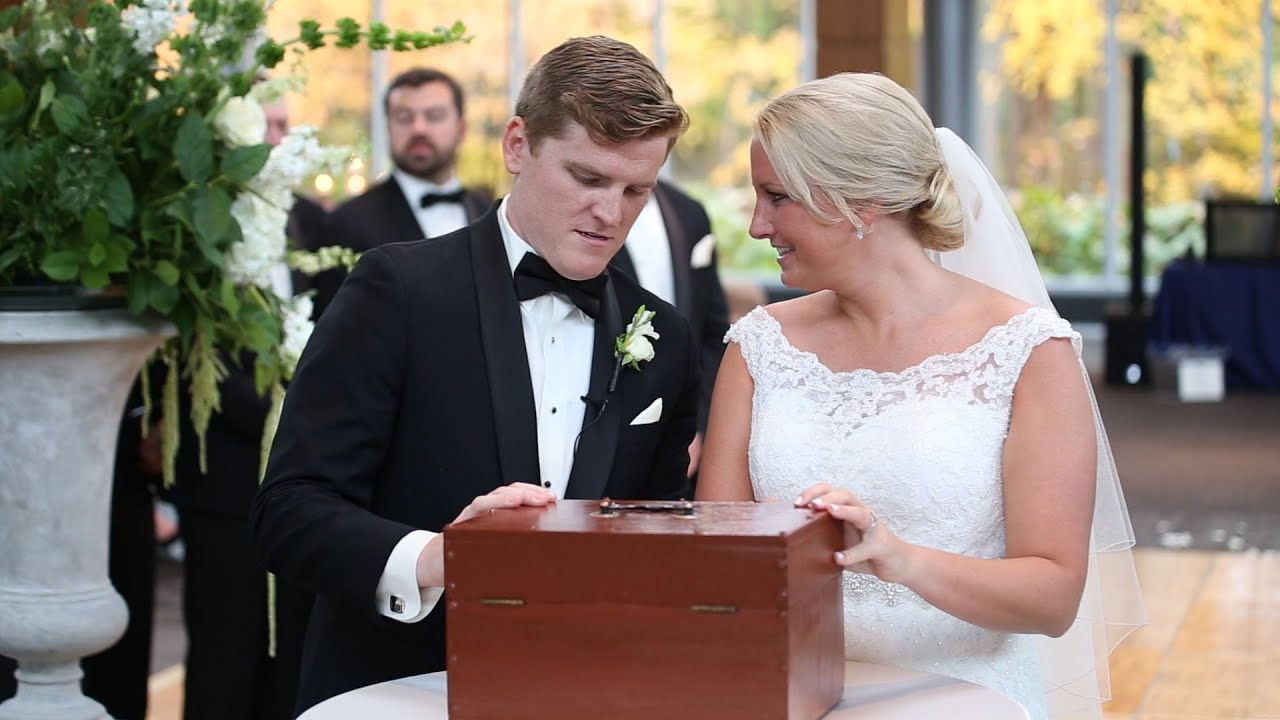If you’re wondering how to tip catering staff at your wedding, you’ve come to the right place. Tipping is not an absolute must on your wedding day, but it’s still expected. It’s generally divided by the cost of the food. When in doubt, simply subtract one dollar for every ten plates of food served. Here are a few guidelines to remember:
Tipping is not obligatory on wedding day
Although many people feel that it is appropriate to tip the catering staff at a wedding, the reality is much different. If you’re planning a traditional wedding, you’re likely to want to skip the tip altogether, especially if the catering staff is providing the meal. If you’d like to express your appreciation for their hard work, however, you’ll likely want to tip other wedding day staff as well.
For the reception coordinator, it is appropriate to leave a gratuity of about $50-$200. The wedding coordinator’s assistant and venue staff should receive between twenty and fifty dollars each, depending on the size of the wedding party. Regardless of their role, these staff members are likely working long hours and putting together an unforgettable wedding. While tipping is not required, it’s nice to show your appreciation for their hard work.
If you’re considering tipping the catering staff, remember that the standard is 15% to 20% of the total bill. Many companies include this tip as part of the service charge, so you may want to check this before you give them a tip. However, it’s important to note that this is not a mandatory practice, and you can delegate the task to someone else if you prefer.
If you’re not sure whether to tip the catering staff on your wedding day, consider who else will be performing the services. Many vendors don’t expect tips. Some do, however, have contracts that require you to leave a gratuity for them. Therefore, it’s helpful to learn about the industry and know how much you should tip. It can save you a lot of time and money.
However, it’s always a good idea to leave a tip for all vendors. The service providers involved in the wedding are incredibly important to the success of the event, and it’s only natural to express your gratitude for the services provided. Here Comes the Bride offers a handy cheat sheet on how much to tip your wedding vendors. They have been there for a long time, so they should deserve your gratitude.
Tipping is supposed to act as a reward
According to Alison Silber, founder of Engaged And Inspired, a wedding planning publication, tipping is intended to acknowledge the service provided by catering staff at a wedding. It also acknowledges those vendors who go above and beyond their contracted duties. Some vendors may include tipping in their contracts, but not all do. In addition to food, some vendors charge a service fee, and the tip should go to them.
Many wedding vendors include a service fee and a gratuity in their bill. If the service is provided for free, you can tip more than the service fee. Before you decide to tip, however, check the contract and invoice carefully. If you feel you are obligated to tip, don’t hesitate to make it clear in your contract. Otherwise, you may be breaking the law.
In addition to tipping the food service staff, you can also tip the DJ or officiant. A DJ, for example, will likely be the most visible part of the wedding. DJs will set up the music and breakdown the equipment after the event. Generally, you should give him or her between 10 percent and 15 percent of the music bill. If you have a band, you can consider tipping each member separately.
Despite what most people believe, tips are not always the best way to show gratitude. In fact, wedding professionals do appreciate gestures like a handwritten thank you note or email with a positive review. Alternatively, you can also leave the cash envelopes with the catering manager. Alternatively, you can trust a friend or family member to help you with the task of tipping the vendors.
Although most wedding contracts do not include a tip, it is customary to leave a gratuity. For example, the tip amount for a waiter may be $10 to $20 per person. However, it is not expected to be given to bartenders. Bartenders receive about 15 percent of the pre-tax bar bill. While bartenders do not depend on tips for their wages, they should be given a percentage of this amount.
Tipping is divided up by the total cost of the food
When it comes to weddings, the rules are slightly different than those used in normal life. Most wedding suppliers are small businesses and their fees are generally minus expenses. While tipping is not a necessity, it is a good idea to make sure that the people you tip are compensated fairly for their services. Here’s how to properly tip wedding suppliers:
You can divide your tip up by the total cost of the food and drink at a wedding. A general rule is that you should leave 15 to 20 percent of the bill for each service. If your wedding caterer does not specify the exact amount of gratuity to give, you can simply hand the envelope to each person who served you. Then, the head caterer will divide the remaining percentages among the other employees.
For the service staff, a good rule of thumb is a 10 to 15% tip. This is based on the total cost of the wedding food and drinks, so the tip can be used as a barometer to determine how many service staff you should expect at the wedding. Besides the food and drink staff, delivery people, make-up artists and hairdressers can expect five to ten pounds.
If you plan on tipping the wedding staff, you must check with the venue’s service policy. Some venues, such as restaurants, do not share the service charge with their staff, and the groomsman and bridesmaid should ask whether they are receiving any tips. Tipping is usually distributed at the end of the event. But if you choose to tip earlier, you can do so at the beginning of the evening.
Tipping is a custom that most couples observe. It serves as a way of saying “thank you” for a job well done. However, figuring out how much to tip can be tricky. Some wedding guides even include the gratuity amount in the fee. And don’t forget to tip the catering manager and waiters separately, as well as the chefs. If the food costs more than ten thousand dollars, you can end up giving a few hundred dollars to each of them.
Tipping off of the total cost of the food
There are two common practices for giving wedding vendors a tip. The first is to leave the staff a few dollars per person who delivered a wedding item. The second is to leave a few dollars per person in a cash envelope, which you should leave with the catering manager. The catering manager will divide the money amongst the staff who delivered the items. Both practices are acceptable, but not mandatory.
If you want to leave a larger tip, you may choose to use a separate envelope for your guests. Alternatively, you may wish to set a designated tip czar to handle the process. This person may be your wedding planner, day-of coordinator, or assistant. A tip czar will ensure that each vendor receives the appropriate amount. Don’t attempt to tip yourself; appoint someone to handle this task.
Although the wedding budget can be quite large, you might be tempted to tip off the total cost of the food and drink. In most cases, this is not mandatory. However, if the service is exceptional, you should consider leaving a tip. Although you don’t have to tip the food vendor, it will be appreciated if you do. You’ll also feel great about giving a small tip to the wedding planner, who will be happy to do this for you.
You can also leave a gratuity for the catering staff. Many wedding guides suggest that the amount of gratuity should be between $25 and $50 per person. However, it’s important to note that some vendors include gratuity into their fees. If you’re unsure about tipping, check with the site manager to ensure that all employees are not accepting tips from guests. While most vendors provide a service, others need post-production work, so a generous tip is important to ensure that they receive a fair price.
You should also consider adding a service charge or gratuity to your bill. It’s usually around 15% of the total bill. This amount also includes a service fee, which covers the costs of the wedding’s staff. However, wedding contracts will often specify what the tip amount is for each person. For example, a service fee of $200 to $500 will generally include a tip of between $10 and twenty dollars. If the wedding has a bar, you may also include a bartending fee. The bartender should get at least ten to fifteen percent of the pre-tax bar bill. It’s important not to give gratuities to the bartenders if they’re working for a client who is not related to the wedding.


